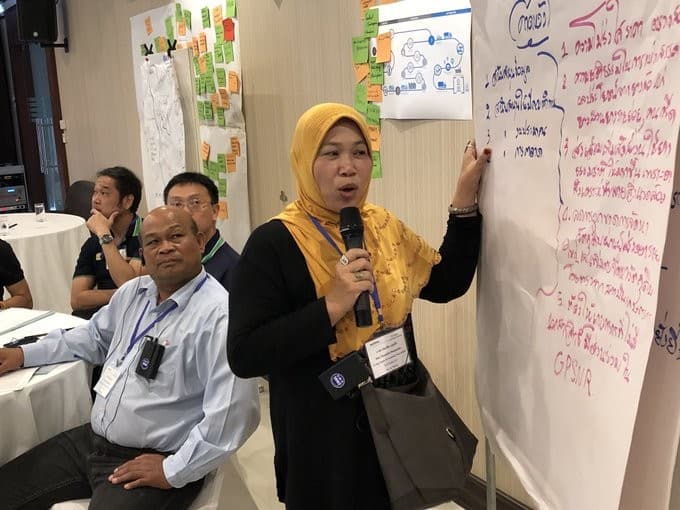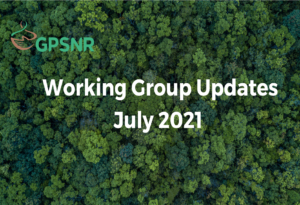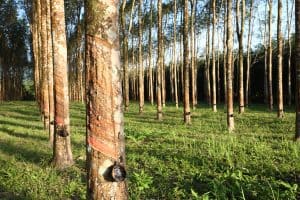With the input from the workshop in Indonesia, Thailand, Brazil (and soon Cote d’Ivoire and Vietnam), the smallholders representation working group is finalizing the definition of ‘smallholders’ which will be needed to open up a new category of membership. Recognizing the experience and effort that IRSG/SNRi had already invested in this work, Smallholders Representation Working Group invited IRSG to discuss the definition of ‘smallholders’.
While many countries have their own definition of ‘smallholders’ based on the size of their land, the Smallholders representation Working Group agreed other characteristics of smallholders (such as income provenance, level of dependency on family labour, economic constraints, etc) should also be considered.
As the definition of ‘smallholders’ are affiliated to the work scope Strategy 2 – Capacity Building Working Group, the Smallholders Representation Working Group members are working closely with Strategy 2 – Capacity Building Working Group members to ensure that there is alignment in definition between smallholders in the natural rubber supply chain and smallholders that will become GPSNR member.
In the meantime, a successful third workshop in Brazil concluded this week, with a series of learnings for GPSNR on the organisation of farmers in the region, and their expectations from the future collaboration with the Platform. The workshop also achieved good progress on the identification of potential candidates for membership in GPSNR, both by single farmers and producers associations.






